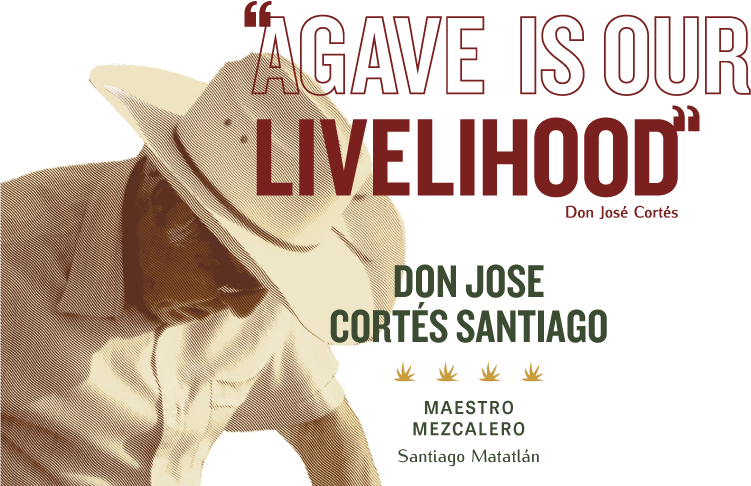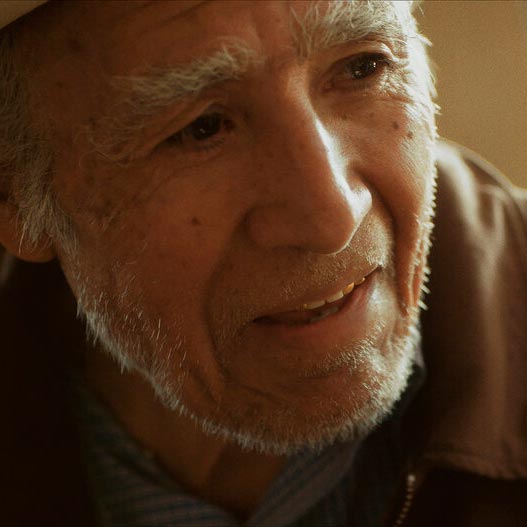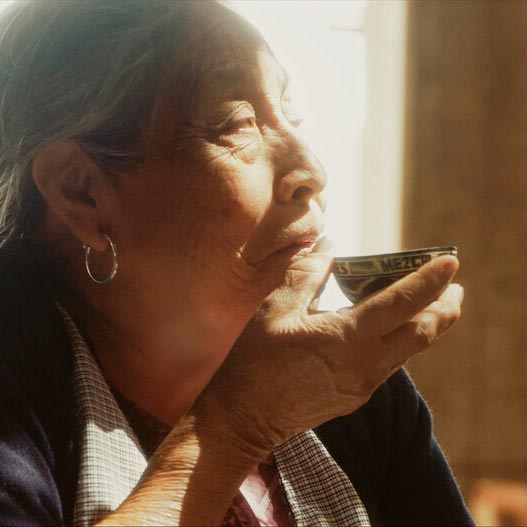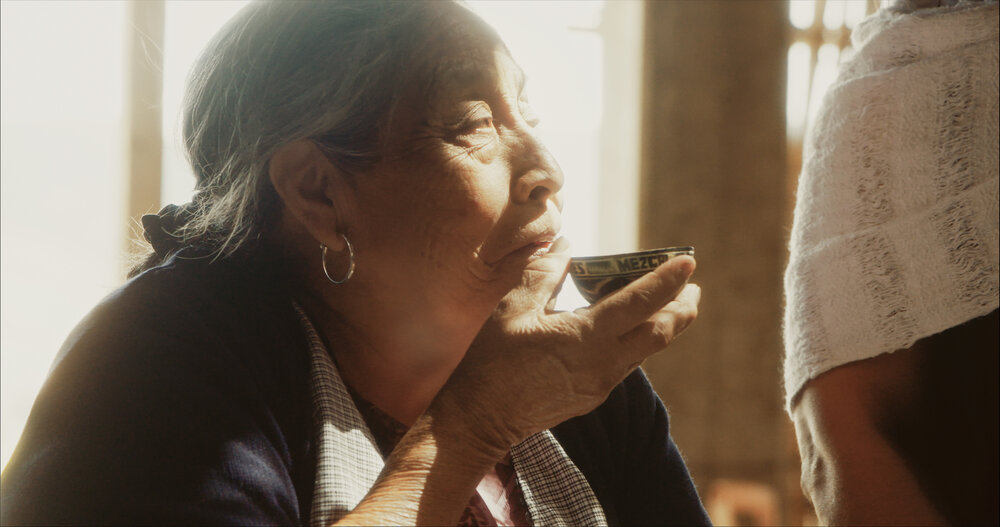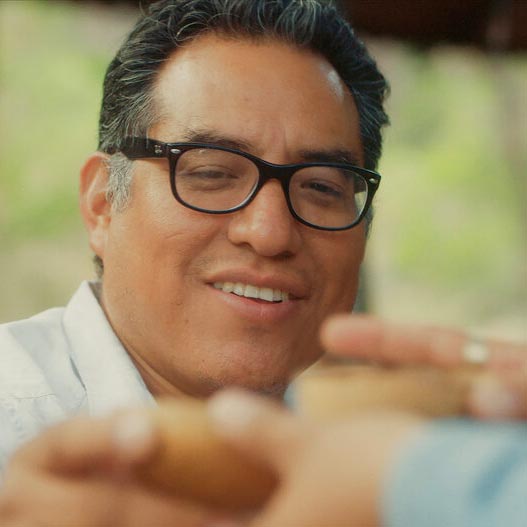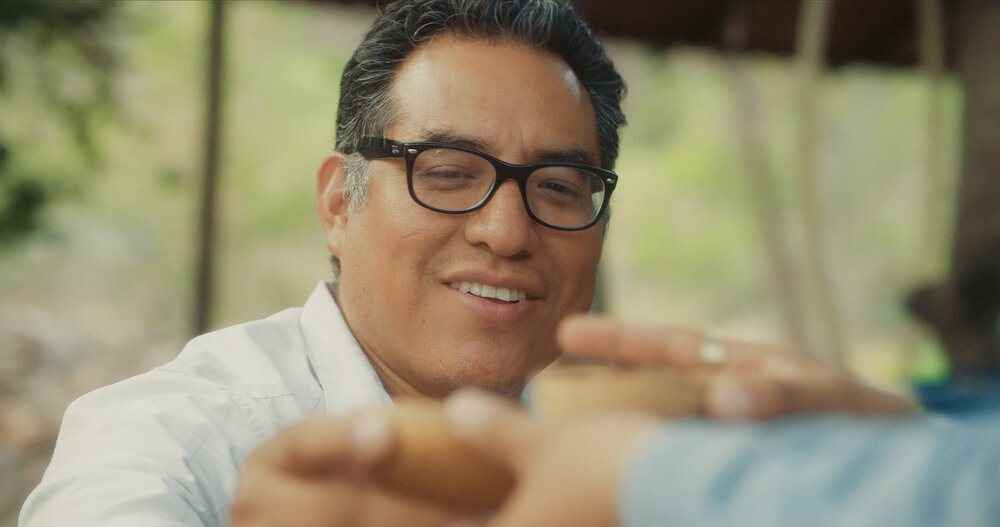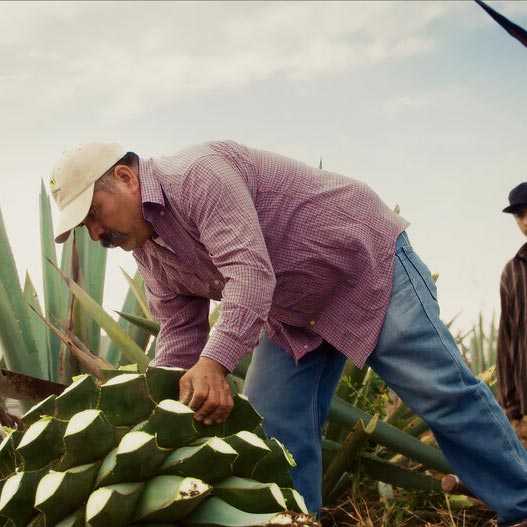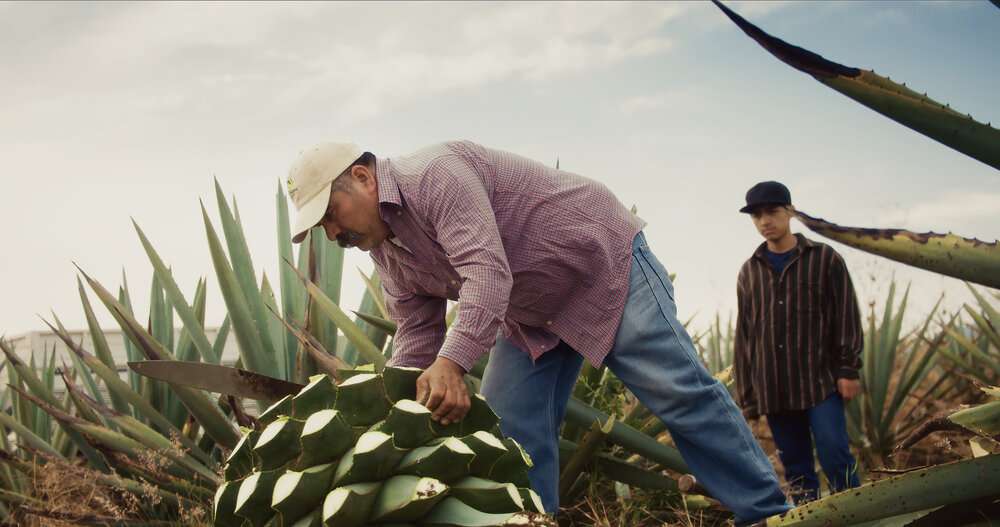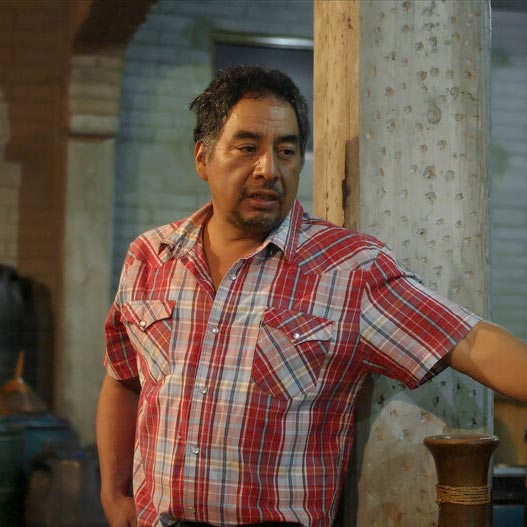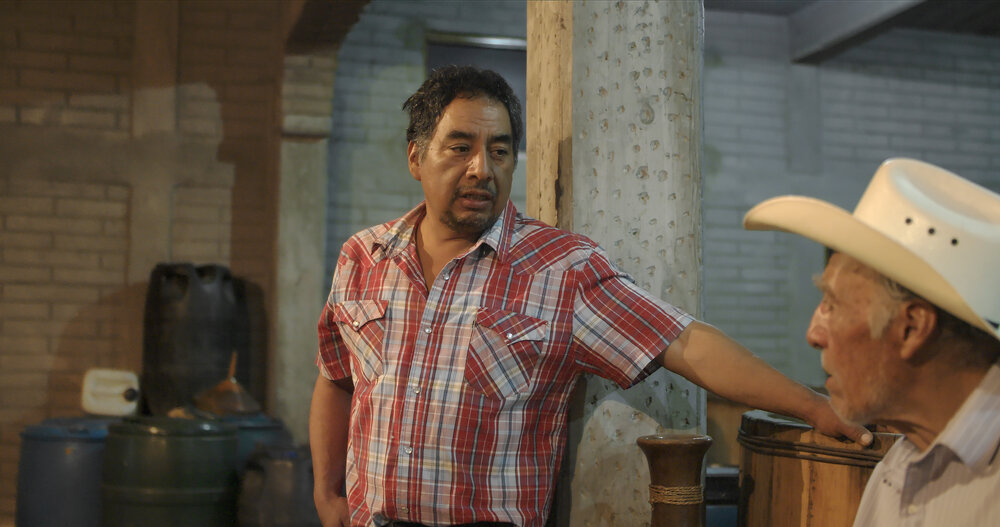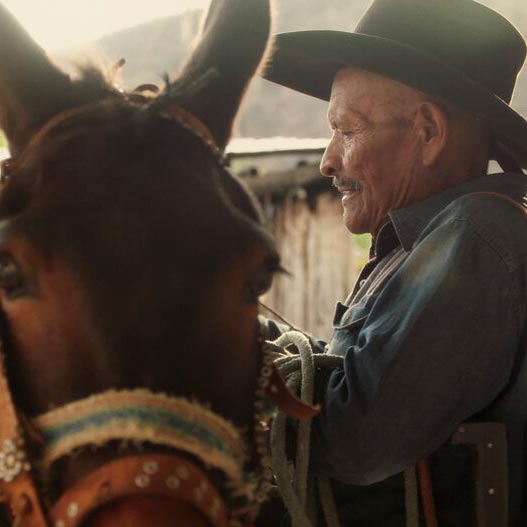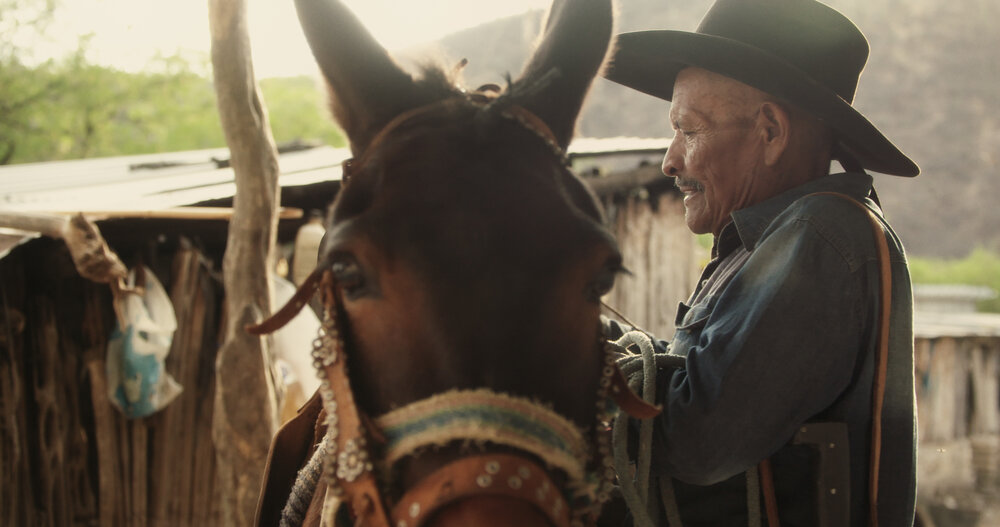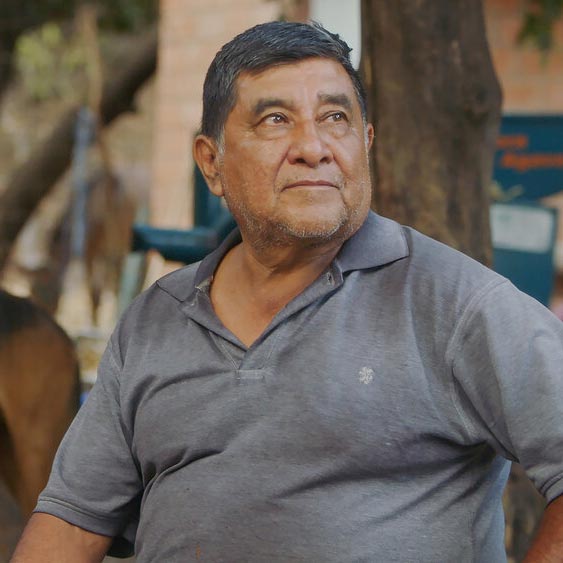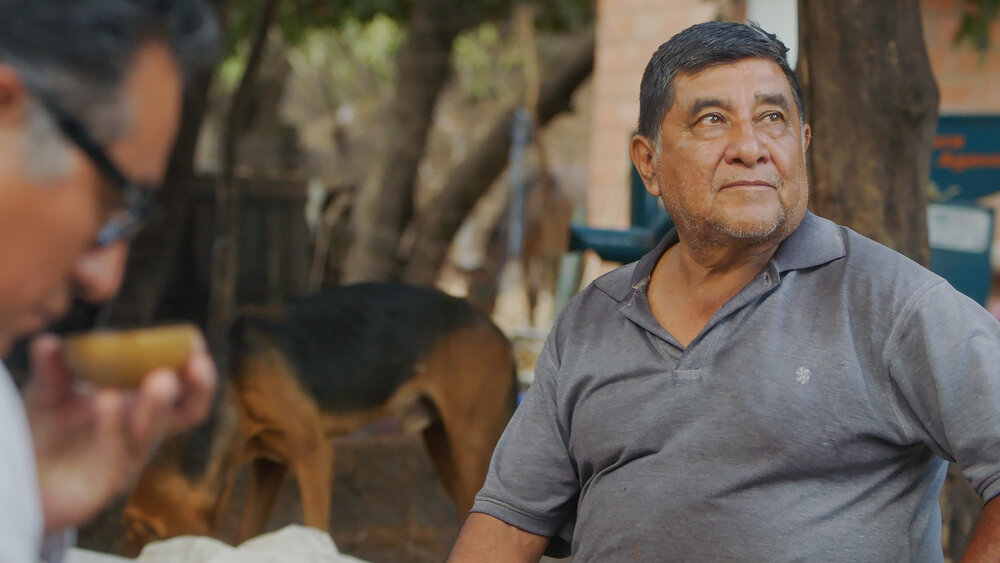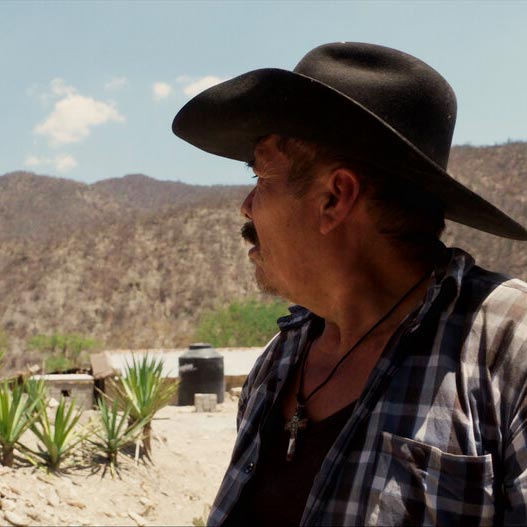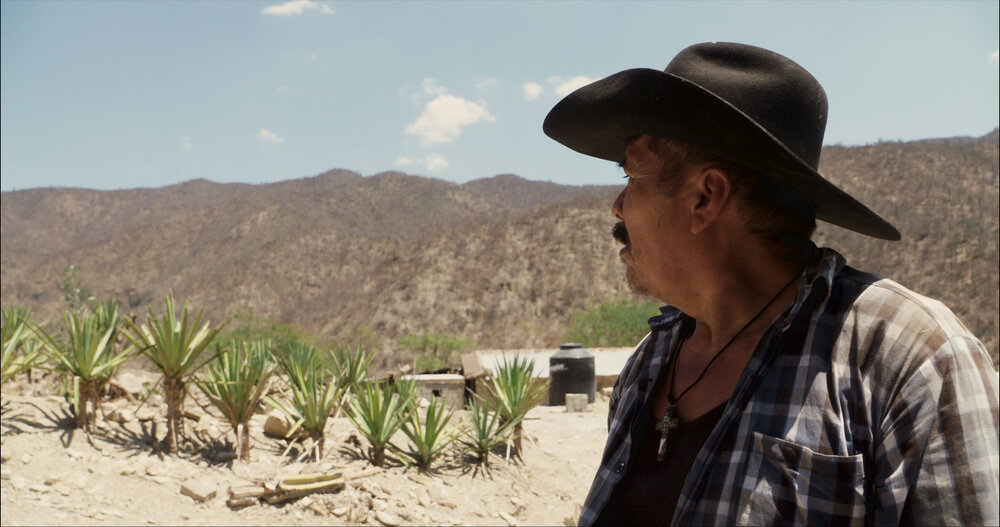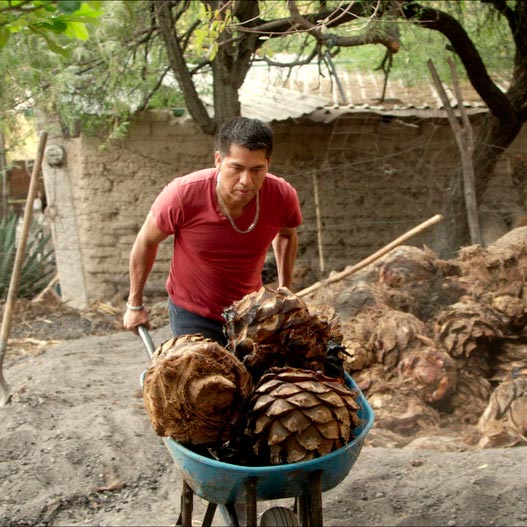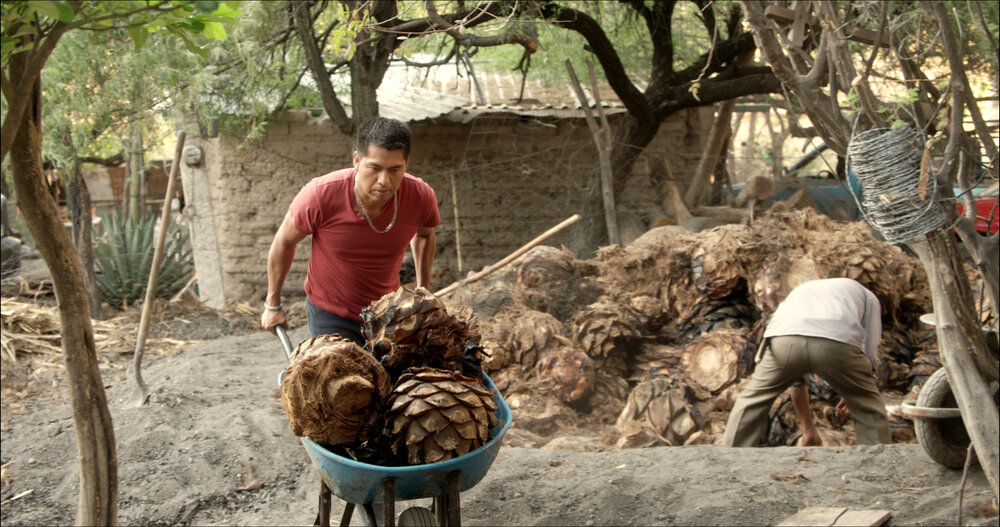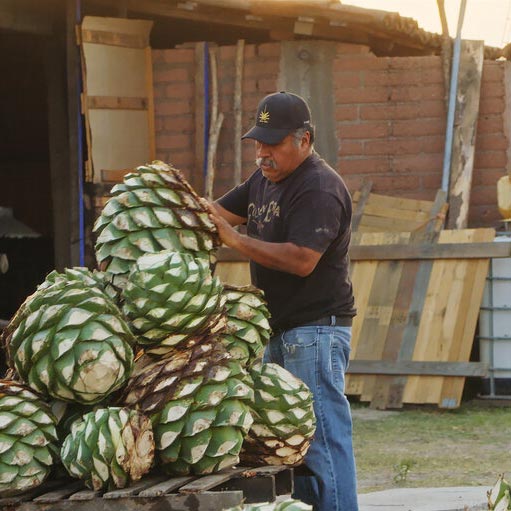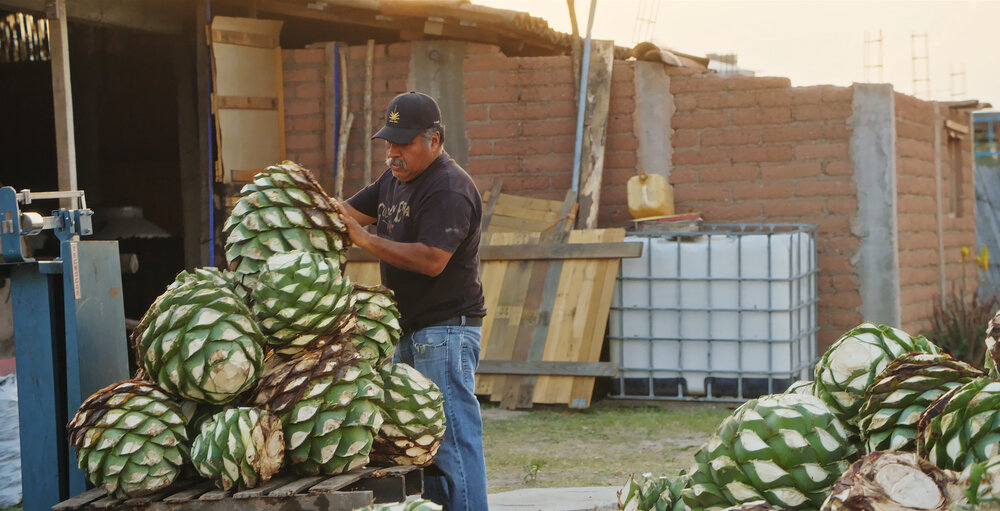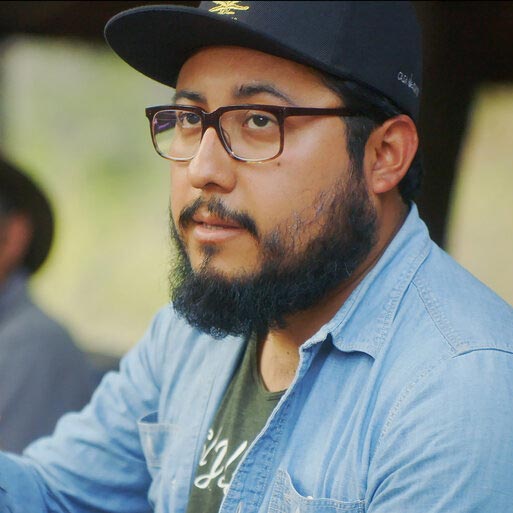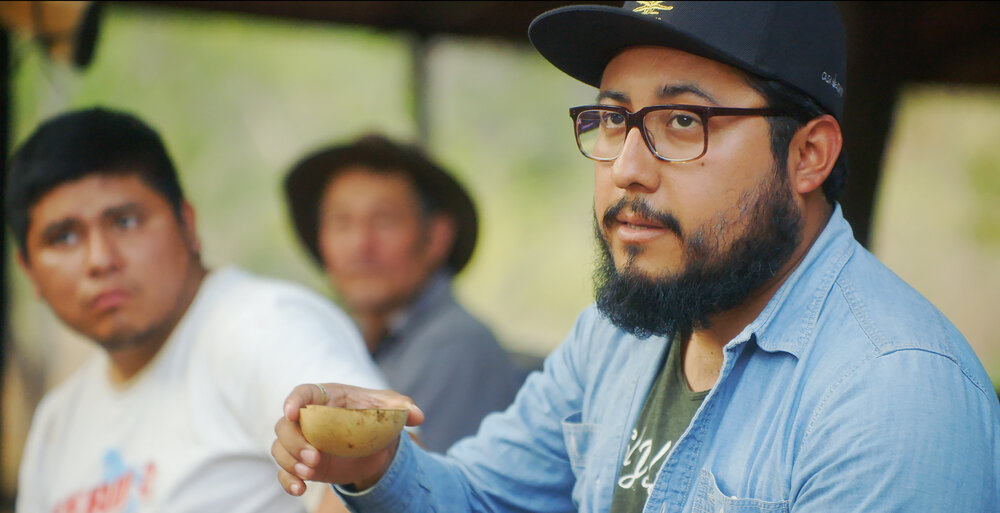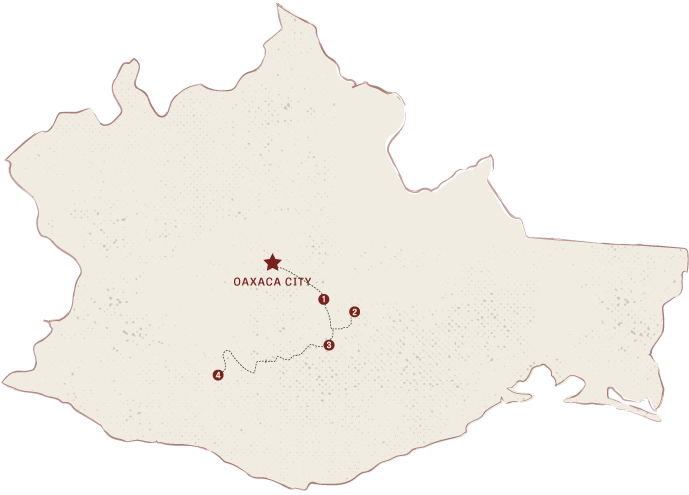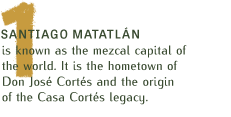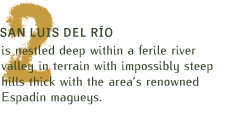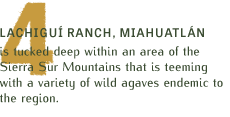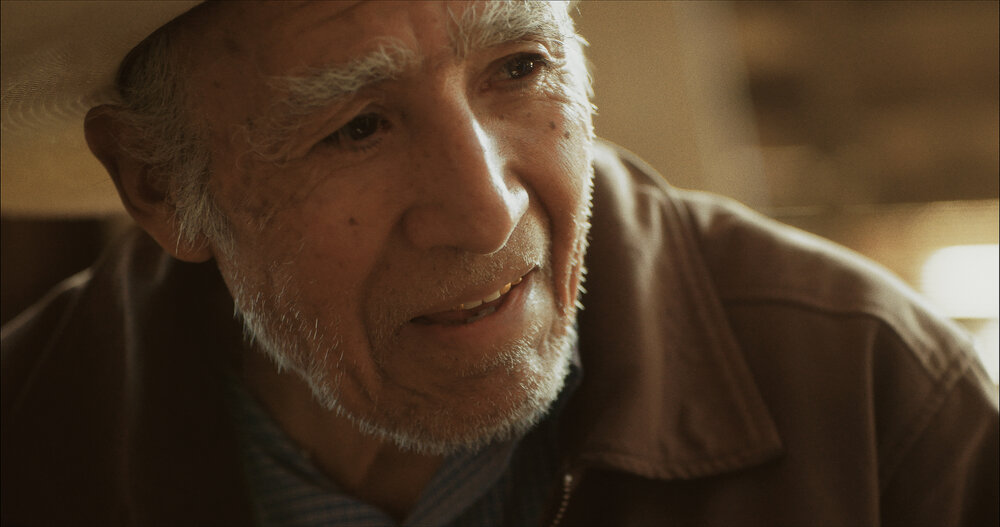
Don José was born in Santiago Matatlán and lives a life
dedicated to mezcal and family. He began working on local palenques in his
teens and belongs to a generation of mezcaleros who, in the face of many
difficult years, remained steadfast in their commitment to preserve the
culture and methods of traditional mezcal. Their work was an honor to their
family and to the land. With nearly 70 years of working on palenques, Don
Jose is one of the most experienced living mezcaleros in Mexico.
Early in his career, Don José mainly produced mezcal for his own
family and community but he would also sell regionally, along his own ruta
del mezcal, oftentimes at markets in nearby towns. During this time,
mezcaleros would be known to travel throughout Oaxaca to personally sell
their mezcales. Decades later, Don José is the inspiring figurehead of
the Casa Cortés line of mezcales which has obtained international
acclaim since its founding in 2010.
Today, Don José can often be found at home in Matatlán,
spending time with his family. Although he has passed on the mezcal business
he started to his children, he still oversees the production of special
edition batches and is nearly always present when a pechuga mezcal is being
made.
In 2019, Don José lost his lifelong beloved wife Doña Crispina
Hernandez Romero. The Cortés family remembers Doña Crispina
with fond memories, honor, and respect. They know her passing was not the end
of life, but its continuation into a more colorful world on the other side.
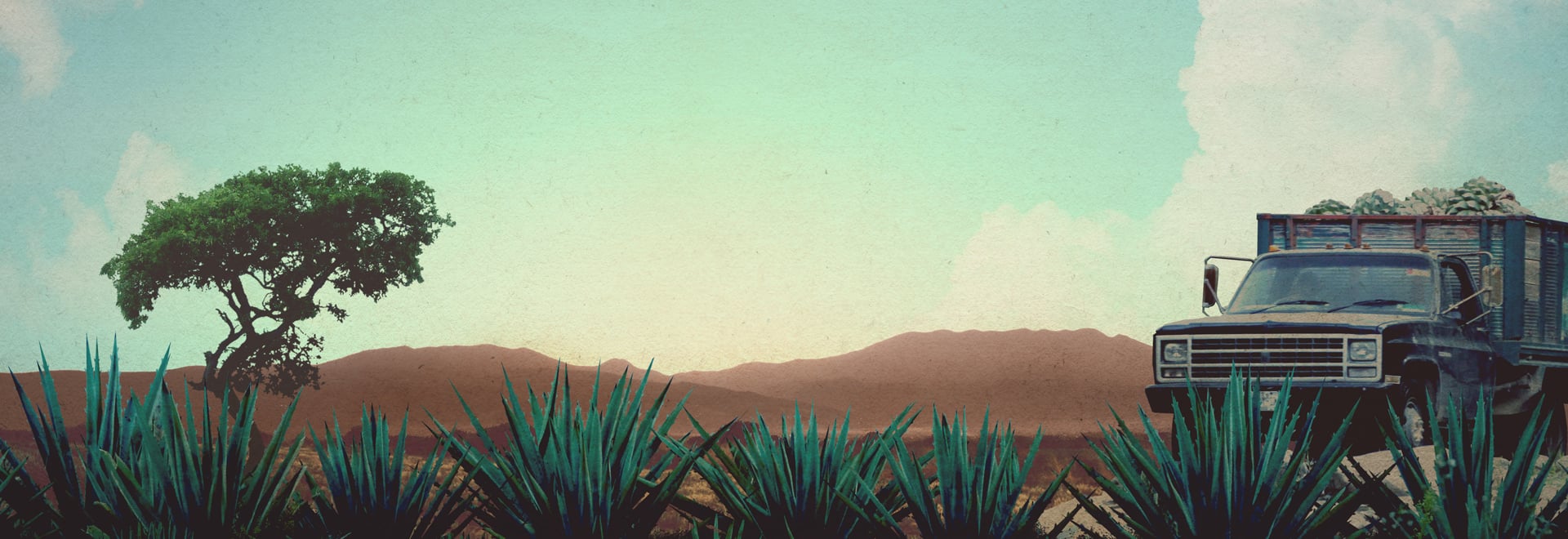
 Documentary
Documentary


